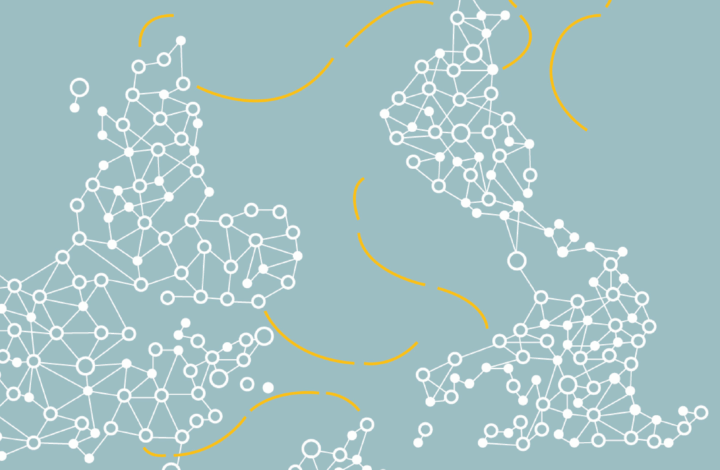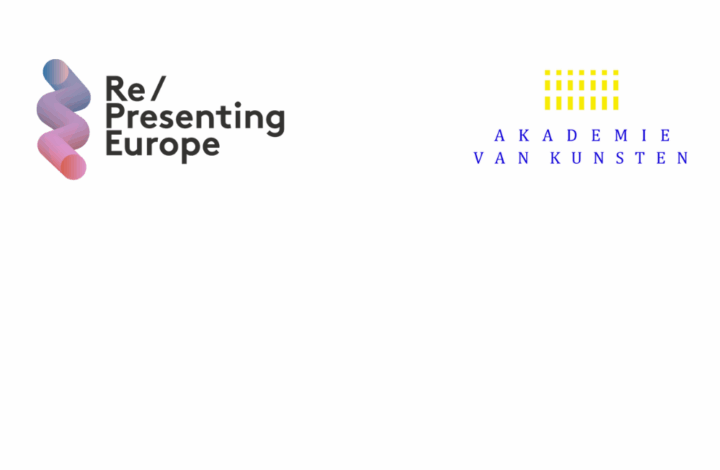
Belonging to Academia
NIAS symposium
We are delighted to invite you to the third and final episode of the NIAS Studies of Belonging series: the symposium Belonging to Academia, following the insightful discussions in our previous gatherings.
In this concluding symposium, we turn our focus to academia itself. Of late, academia – understood broadly to encompass all institutions of (higher) education – has come to reflect on its framing as a place of universal access. Beneath this framing resides a range of practices and principles that prioritize the belonging of certain students and forms of knowledge. These prioritisations occur through language, procedures, infrastructures and architectures, curricular content, and no doubt other factors as well. Their normative work has largely favoured those already privileged at the expense of those already marginalised; ‘Western’ facts and methodologies and categorisations over other-than western knowledges.
And so, academia has begun to look into these largely unwritten normativity’s. Faculties have installed DEI departments to accommodate the belonging of people from an increasingly wide array of identities and walks of life. And in many ways ‘the curriculum’ has begun to be de-colonised by adding and pointing out that claims to objectivity, neutrality and universality have developed in a context of western epistemic hegemony.
What do these efforts to decentre the privileged look like? What does it mean and imply to reframe curricula, classrooms, selection procedures, and infrastructures in ways corrective to social, epistemic and material injustices and inequalities? How do educational institutes go about facilitating ‘belonging’ for all? How do educational institutes and policies frame and practice diversity, equity, and inclusion, of students but also of knowledges? What values and moralities underly these narratives and practices?
And more fundamentally: what kinds of understanding of ‘belonging’ reside in the efforts and measures to re-centre people, things, knowledges? Or vice versa: can these practices help to theorize ‘belonging’ in ways specific and situated, ways that transcend the ‘everyone should be able to belong anywhere, at any time’?
It is in this context that NIAS organizes its third and last gathering in the domain of Studies of Belonging. We wish to unpack belonging, again, by looking at the workings of policies and practices to facilitate equal and equitable belonging to academia and their effects on one hand, and towards ways to further conceptualise the concept of belonging.
Belonging to Academia invites participants to explore three interrelated sub-themes:
- People: How do DEI policies, underrepresentation, and inclusion efforts translate into a sense of belonging? Which groups and perspectives need recognition, and how do these interventions shape belonging in practice?
- Knowledges: How can academia engage with non-Western and indigenous ways of knowing while maintaining scholarly rigor? What does it mean to decolonize curricula and value diverse epistemologies?
- Things: How do material environments, technologies, curricula, and infrastructures mediate belonging? From classrooms to algorithms, how do these spaces include or exclude, facilitate or hinder participation?
By addressing these questions, the symposium aims to deepen our understanding of what it means to belong in academic spaces, both conceptually and practically. Together, we will reflect on how policies, practices, and material arrangements can foster equitable belonging for all and what this teaches us about belonging more broadly.
Programme
-
A keynote lecture by Michèle Lamont
- Paper presentations by:
Gladys Akom – Gladys Akom Ankobrey & Werner de Gruijter: From deficit to recognition: Making students’ invisibilized knowledges visible in academic spaces.
Eddie Brummelman – Eddie Brummelman: “You’re just a simple farm boy”: Experiences of first-generation academics in academia.
Tita Chico – Tita Chico: Subjunctive Archives.
Zehra Çolak – F. Zehra Çolak & Ebru Ceyhan Göktaş: Pedagogies of Belonging at a Community-Based Program: A Feminist Collaborative Inquiry.
Halleh Gorashi – Halleh Ghorashi: Engaged Scholarship as a Foundation of Academic Belonging.
Caroline Hummels – Caroline Hummels: Mediating belonging and commoning through embodied, situated material arrangements.
Florian Lippert – Florian Lippert: Culture beyond belonging? On the (im)possibility of an integrative “European Culture” in and beyond academia.
Steve Mrozowski – Stephen A Mrozowski: Things to the Rescue. Decolonizing Archaeology and the Academy Simultaneously.
Saro Lozano Parra – Sara Lozano Parra: Civics, belonging, and powerful knowledge: an analysis of teachers’ curriculum-making and teaching in Dutch prevocational education.
Onur Şahin – Daudi van Veen, Onur Şahin, Zakia Essanhaji, F. Zehra Çolak & Dounia Bourabain: Racialized Joy in Academia: On Practicing Resistance and Freedom.
Timothy Stacey – Timothy Stacey: Who belongs and how – shifting the religious repertoires of academic practice.
Sally Wyatt – Sally Wyatt: The thingness of the digital in academic work.
-
A surtout de table by Cecilia Hendrikx
-
Breakout sessions on each sub-theme
This event offers a unique opportunity to critically examine the mechanisms and meanings of belonging in/to academia, while reflecting on the insights gained across the Studies of Belonging series.
Practical information
The fee is €100 per person, with a reduced rate of €50 for students. This includes coffee, tea and lunches on both days, as well as a reception on the first day.
We would like this conference to be accessible. If the registration fee prevents you from attending, please contact us at symposium26@nias.knaw.nl.
The symposium is the third and final episode of the NIAS Studies of Belonging series. It also serves as a farewell to Jan Willem Duyvendak and Bernike Pasveer, who will both retire.
Space is limited to 150 participants.
More info & registration

-

-

NIAS Book Series 11 February 2026EventInstitutional Surveillance and the Struggle for Epistemic Diversity
-

-
